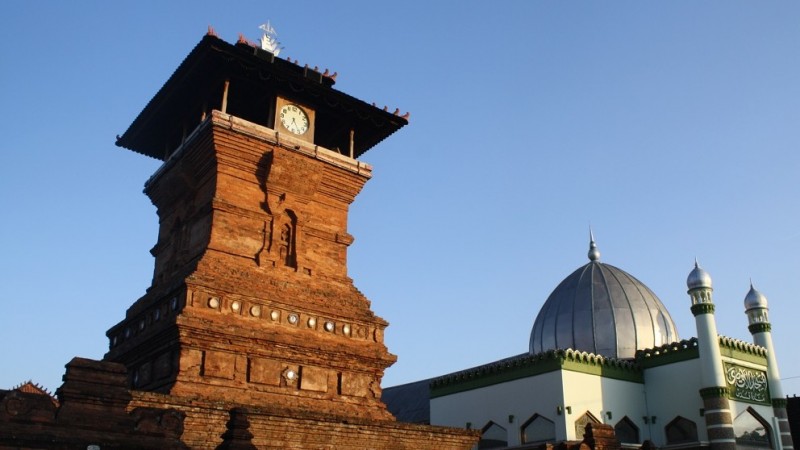Islam Nusantara Viewed from Various Scientific Perspectives
Jumat, 16 Juli 2021 | 13:45 WIB
Jakarta, NU Online
A lecturer at the Paramadina School of Diplomacy, Mahmud Syaltout, said that the term 'Islam Nusantara' has a higher page rank than the word 'Islam' itself on Google. It shows the number of people searching for the term. Then, Islam Nusantara has become a fascinating discussion theme for many people.
The hunt focuses more on the article side, not on the picture. The search for the picture, according to Mahmud is more associated with Islam.
Even so, he said he was quite proud of the high number of discussions on this theme. "Islam Nusantara has become quite an interesting debate both academically and socially," said the Central Executive Board of the Ansor Youth Movement.
However, the trend has been decreasing since December 2020. The echo is indeed large but not necessarily interesting for further investigation.
In addition, Mahmud also said that the Islamic narrative, as well as the Islam Nusantara, could be exploited more in European countries. While in the Middle East, the echo is still tiny.
He also added that Islam Nusantara has a lot of homework because it is widely accessed in lower-middle-income countries, the middle class tends to be poor. Therefore, Islam Nusantara must strengthen this segment to increase the level of public acceptance.
According to him, the theme is interesting, but Islam Nusantara has not had a significant impact on international networks.
Meanwhile, a Researcher from the Indonesian Institute of Sciences (LIPI) Amin Mudzakir said that Islam Nusantara generally uses a cultural paradigm. It makes Islam Nusantara be not broad, limited to narrower issues.
Therefore, Islam Nusantara needs to explore inclusive spaces, including political fields. So far, Islam Nusantara unconsciously only talks about sectarianism and radicalism without looking at the broader context.
Unlike the two speakers, Acehnese Malikus Saleh University Lecturer Tengku Kemal Fasya views the term from an anthropological point of view. He saw that Islam Nusantara contains elements of local traditions that cannot be separated. In fact, the Islamic empire in Sumatra, Samudera Pasai, did not attempt to mimic (adjustment) the developing kingdom in the Middle East world.
"If it is studied diachronically, Islam Nusantara is anthropological-historical facts," he said in the Webinar Academic Debate Series 2 entitled Islam Nusantara from the Perspective of Critical and Postcolonial Social Sciences on Wednesday (14/7).
Islam Nusantara also accommodates a syncretic dimension. If someone says that Islam Nusantara is non-sense, then local traditions should also be considered non-sense because it is part of the term. He gave an example of the dayah, originally from zawiyah, but had its unique value.
According to Masdar Hilmy, Professor of UIN Sunan Ampel Surabaya, there was a common thread that Islam Nusantara was articulated by proponents of Islamic progressivism who met resistance and opposition both from within and from outside, the pesantren and Nahdliyin groups.
Reporter: Syakir NF
Translator: Muhammad Faizin




